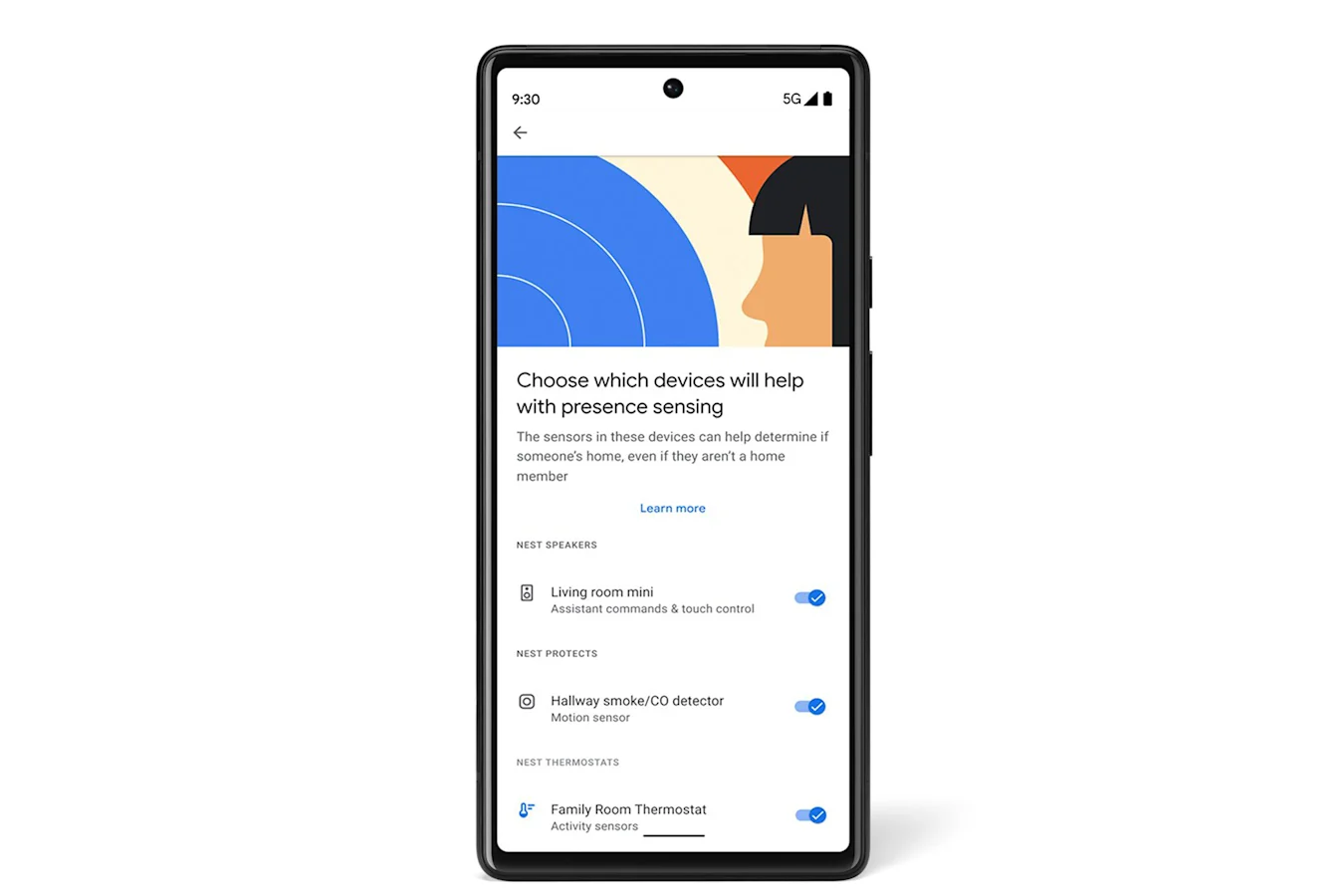Google Home no longer needs to lean solely on smart home devices like thermostats to know whether or not you’re around. Home’s optional presence sensing feature can now use interactions with Nest speakers and smart displays to help detect activity in your abode, letting it perform automated actions. If you talk to your Nest Audio or tap your Nest Hub, for instance, Google may know to turn the lights on. Second-gen Nest Hubs can also use their Soli radar sensor to tell when you’re close.
You can enable presence sensing in the Google Home app for Android and iOS by visiting the Features section in the settings. Detection is strictly opt-in, and Google stresses that ambient noise won’t trigger presence cues. Cameras, doorbells and the Nest Hub Max won’t switch devices between “home” and “away” modes.

The expansion makes presence detection considerably more useful. Until now, you needed a Nest Guard, Nest Protect, Nest Thermostat or Nest x Yale smart lock in tandem with your phone’s location. While those are frequently good indicators, they don’t always tell the full story — you might lock the door when someone is still at home. The use of speakers and displays could make Google’s smart home automation more reliable, particularly in unusual scenarios.
All products recommended by Engadget are selected by our editorial team, independent of our parent company. Some of our stories include affiliate links. If you buy something through one of these links, we may earn an affiliate commission. All prices are correct at the time of publishing.
Credit: Source link


Comments are closed.